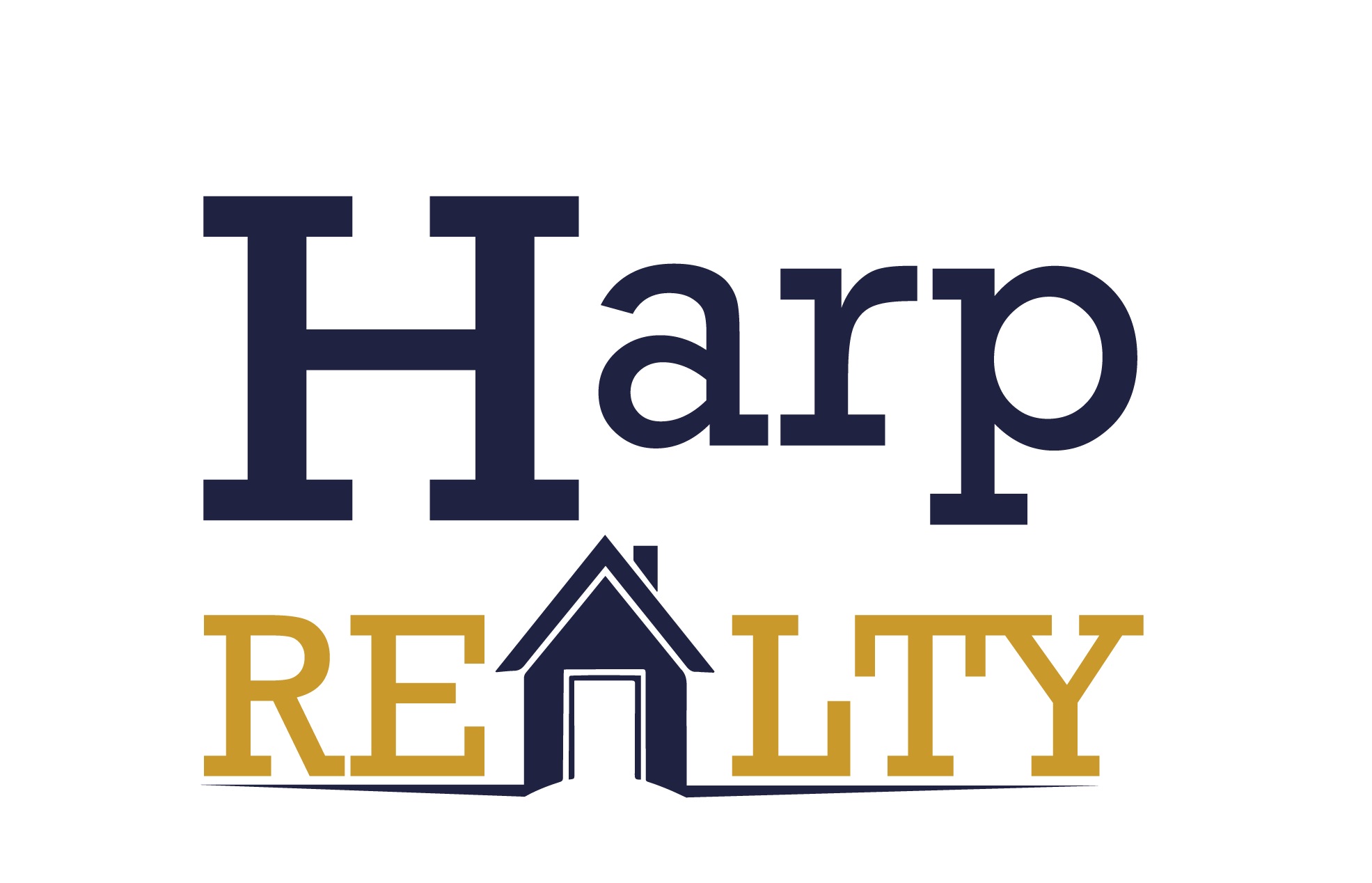
Ok so exactly what is earnest money? Determining the amount of earnest money is an important part of the buying process. It tells the home seller you are in earnest as a buyer, it also is a way for you the buyer to pay part of your closing cost up front.
The earnest money check is normally cashed and held in a title company trust account, or in the broker’s escrow account.
Sellers rarely accept offers without the buyers putting down earnest money to show that they are serious and are making the offer in good faith. The amount of earnest money you pay varies, but it’s typically 1%–2% of the sale price of the home.
Now let us look at a few ways you could end up kissing your earnest money, and the house goodbye!
Presently we are in a sellers’ market. So in this competitive time, you might be tempted to waive contract contingencies. Such as waving your mortgage financing or an inspection.
A large earnest money deposit without contingencies can be attractive to the seller. However, the contingencies are your leverage to get your money back if for some reason, you are unable to purchase the house, or if serious defects are found during your inspection.
A second reason you could lose your earnest money is if you ignore the timeline outlined in the contract. Your real estate contract is usually going to set a specific time frame in which you will need to secure financing, get the home inspection, have the house appraised, and be available for the closing.
If you cannot make it to close your real estate transaction on time for any reason, then you have breached the contract and could be given a notice to perform.
Getting cold feet can mean more than needing a warmer pair of socks. It can mean your bank account is getting chilly from your money flying out of your account. If you just simply have a change of heart about the home you are buying, but you have removed your inspection and financing contingencies, chances are, the seller is not going to give you your money back.
So, make sure your real estate agent covers these areas with you before you make your offer.
R. Jones

